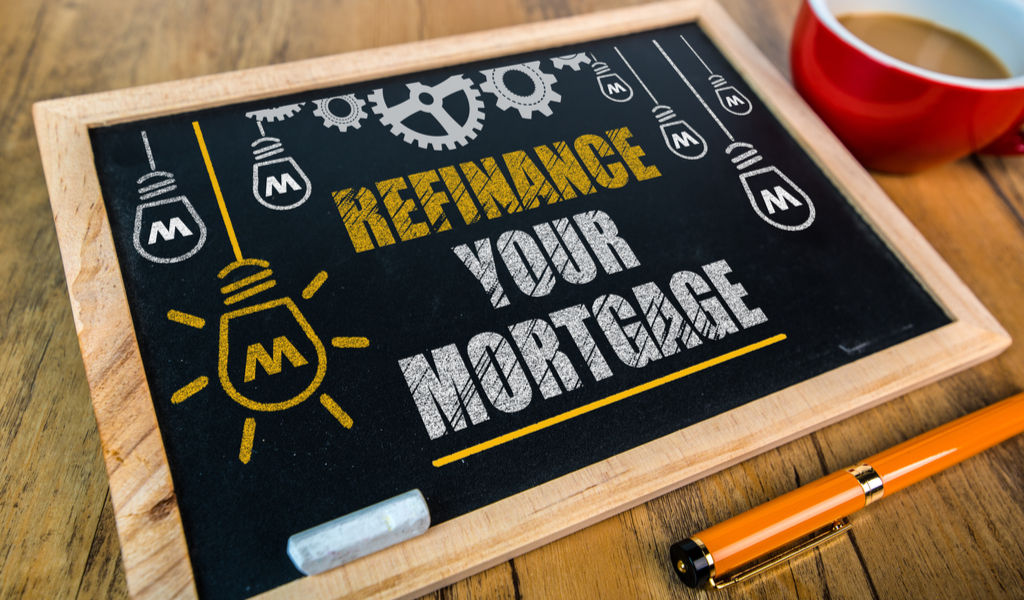Is it always a good idea to refinance your home mortgage when interest rates are low? This article discusses the pros and cons of refinancing according to individual homeowner’s financial circumstances. In depth financial considerations are discussed.
Historically low interest rates are creating a surge in mortgage applications, and home refinancing is currently accounting for a large percentage of the application total (Mortgage Bankers Association). Many homeowners are taking advantage of low interest rates and finding themselves with more money in their pockets. “When a borrower refinances, it’s a ministimulus, because they have more money to spend,” says Carolyn Kemp, spokeswoman for Mortgage Bankers Association.
Is refinancing a mortgage at extremely low rates always a good deal? Check the pros and cons of refinancing a home mortgage and consider individual financial opportunities and situations.
Refinancing May Be a Good Choice
Homeowners wish to save money with lower monthly payments. Monthly payments are reduced with a lower interest rate or if the length of the loan is increased. Homeowners want to eliminate debt faster by paying off their mortgages quickly. Monthly payments increase, but homeowners save in the long run on overall interest payments on the debt.
Extra cash is needed to pay off credit card debt or other loans. Mortgage interest is tax deductible, while credit card and other loan debts are not. Homeowners would like to consolidate two loans into one. If there is enough equity in the home, homeowners can combine loans into one loan. This situation is usually a better debt solution than combining payments on a first and second mortgage.

Conversion of an adjustable rate mortgage (ARM) into a fixed rate mortgage (FRM). Staying in an ARM subjects a mortgage to variable interest rates, while obtaining an FRM allows homeowners to lock in at a lower rate for the life of the mortgage. Homeowners want to eliminate private mortgage insurance (PMI). Homeowners no longer have to pay PMI payments if the current loan balance is below 80% of the new appraisal for the home.
Refinancing May Not Be the Best Choice
The majority of the mortgage is already paid. Closing costs will offset gains in lower interest rates. Home value has gone down. A new loan might not pay off the existing loan if a homeowner refinances up to 80% of the reappraised value and the original mortgage is higher than this amount.
Homeowners have been diligently paying their first loan for an extended period of time. Refinancing may increase overall payment if a homeowner has been paying an existing loan for an extended time period. Homeowners have used up a substantial amount of home equity. If homeowners have used up 90% or more of the home’s value they won’t be able to procure the best market rates for a refinance. Lenders will charge higher rates because they believe that borrowers have less to lose if there isn’t significant equity in a home.

Now is the time to act on low interest rates if a homeowner’s financial situation warrants a refinance of their home mortgage. Learning the pros and cons of refinancing a home mortgage empowers homeowners to act in their best financial interest by taking advantage of the best deal for their situation.



